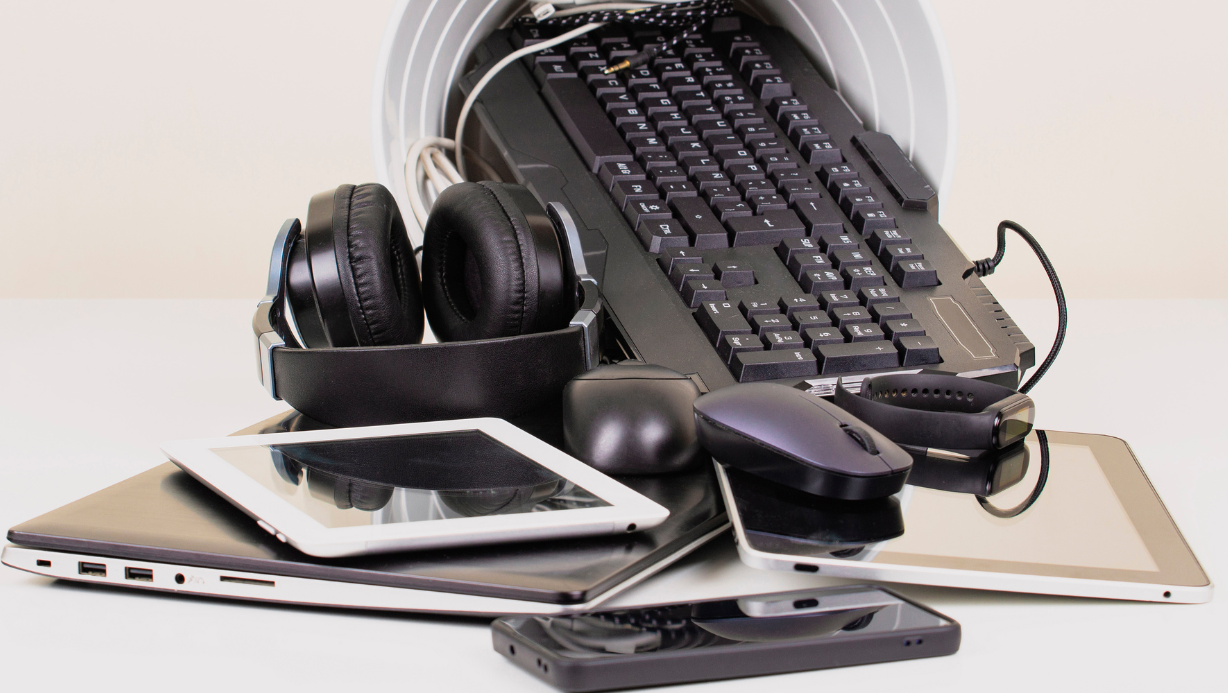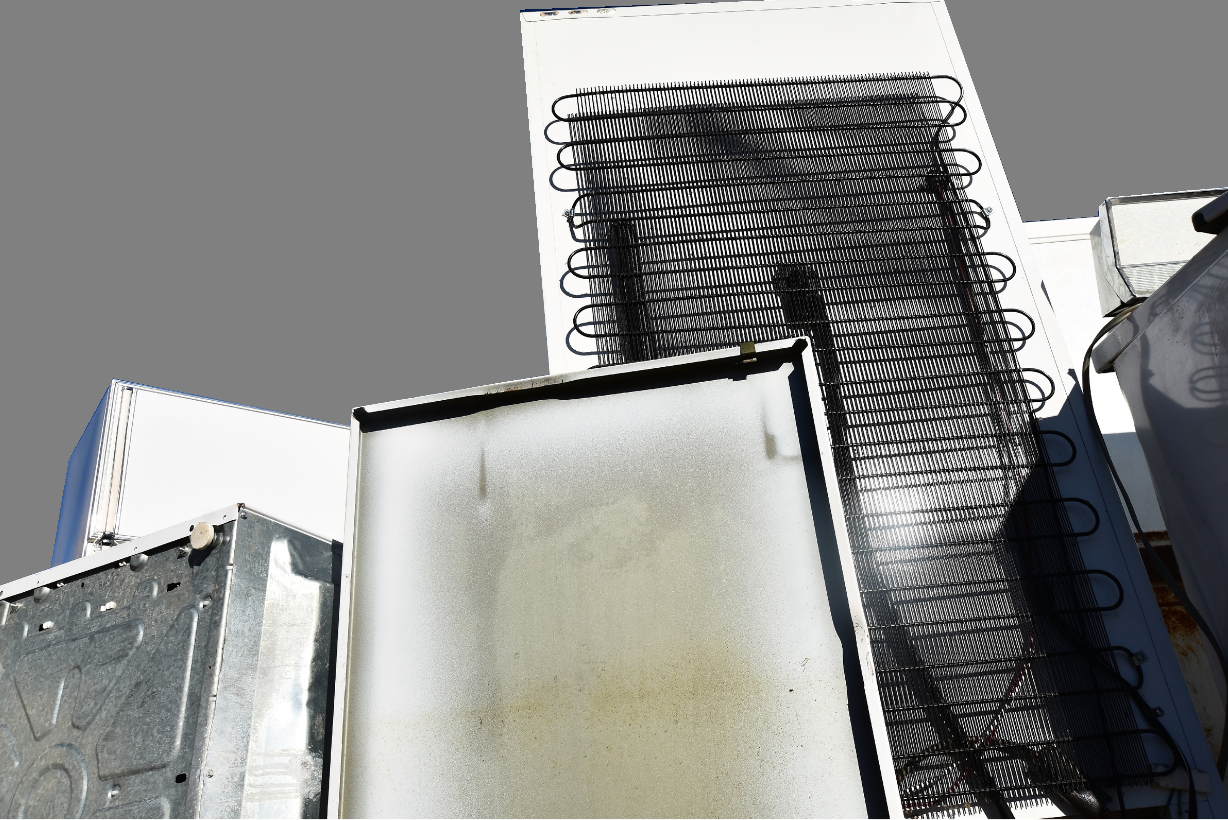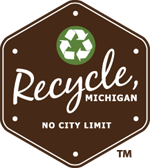Electronics & Appliances
Where to Recycle: Community Drop-Off
Electronics are not typically accepted in curbside recycling programs however in Michigan there are policies in place through the Electronic Waste Take Back Law or Part 173 to assure convenient access to recycling and proper disposal options for certain electronic and appliance waste, often called e-waste or e-scrap. Materials covered under the Michigan Take Back Program include, but are not limited, to:
- desktop computers
- laptop computers
- monitors
- tablets
- televisions
- printers
Under the Take Back law, manufacturers and distributors like Microsoft, Amazon, HP, Apple, Best Buy, Staples, and others are required to provide programs to take back used e-waste as a part of their lifecycle responsibility for the product either by accepting drop-offs at their retail stores or providing mail-in programs. See the full list of manufacturers offering these services here.
Additionally, stoves, dishwashers, washers, and dryers all contain enough metal to be valuable. Talk to your local waste hauler about recycling options for these and other household appliances. You may be able to have it collected from your curb for a small fee. You may also be able to deliver it to a special collection program, or even make some money at a local salvage yard. Call your local recycling contact or visit your local recycling website for more information.
Why is it important to recycle electronics and appliances?
electronics can contain hazardous materials like lead and mercury that can become a problem for human health when disposed of improperly. Electronics are also made of metals that are resource intensive to manufacture and therefor have significant value in the recycling marketplace.
As household appliances become more energy efficient, many utility companies are providing incentives to recycle old appliances. Refrigerators and freezers, air conditioners, and dehumidifiers require a lot of energy, and more efficient models will save you money each month. These appliances also contain freon, which is harmful to the environment if released, so proper handling is important. Contact your local utility and inquire about appliance recycling programs that make recycling easy.
Why can’t this item go in my curbside bin?
There are many components of electronics and appliances such as arsenic, lead, mercury, Freon, etc. that can contaminate other recyclables and become dangerous for recycling facility workers. Additionally electronics require special recycling handling to separate plastic, metal, wiring, and battery components and to ensure materials are properly recycled.
What new products are made from recycled electronics?
Copper pipe, coins in some currencies, wire, catalytic converters, parts in new appliances and electronics like phones, vacuums, fridges and motors



